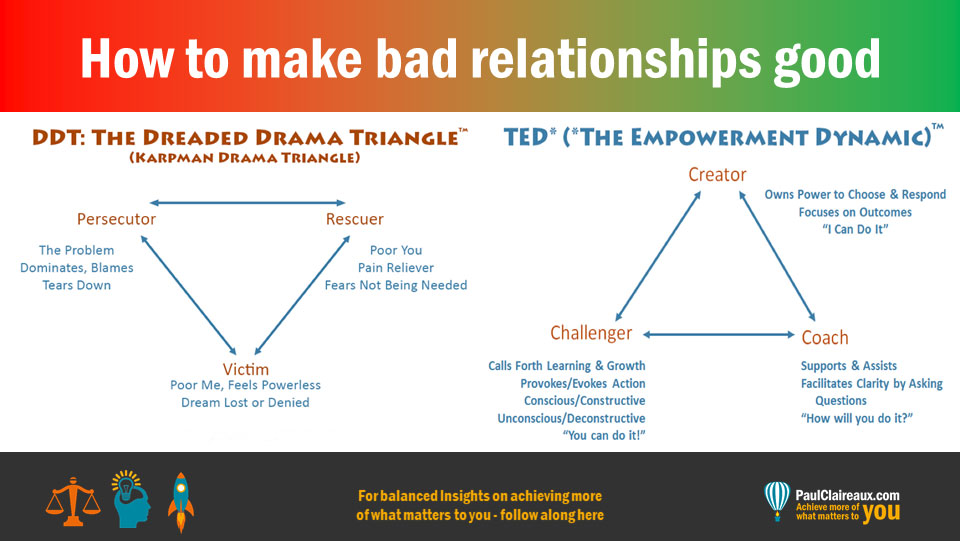Most people hold a different definition of empathy than I do. Their version of empathy is how I define sympathy, and sympathy definitely needs to be held in check, because it’s typically psychologically enmeshed “together with the feeling”, which is the etymological breakdown of sympathy.
Empathy:
-en (in) + pathos (feeling)
Sympathy:
syn- (together) + pathos (feeling)
Whereas sympathy is enmeshed together with others in a feeling, and only understands the other based upon a shared feeling with them, empathy seeks to understand others by exploring the feeling using reason and reason based processes. It might be argued that sympathy is the underdeveloped, boundaryless, and unconscious version of empathy, while empathy is a character trait that we are able to consciously develop within ourselves that seeks to gain understanding, but it does so in an interpersonal manner, rather than regular logic which is examining things and processes in a more common external manner. I call empathy the emotional component of reason/logic, and coined the term “empathetic reasoning” to describe how empathy is used in conjunction with logic to gain understanding of self and others.
“We don’t know enough to make judgments. That statement embodies the heart and soul of empathy. The core of empathy is understanding, and understanding always precedes explanation in the effort to understand, empathy asks questions and refuses quick answers. “I don’t know” is one of empathy’s most powerful statements. From that admission of not having all the answers, empathy starts searching for ways to expand the picture in order to develop a broader understanding.” ~Arthur P. Ciaramicoli, Ed.D., Ph.D, “The Power of Empathy (affiliate link)”
One concept that often gets confused with empathy is compassion; whereas compassion is acting upon the understanding that was gained through empathetic processes, how most people actually perform compassionate actions is based upon enmeshed sympathetic processes that lack understanding. Sympathetic compassion is therefore more akin to do-gooding by moral busybodies, while empathetic compassion would then be the most reasonable and moral action for the well-being of ourselves and those around us, because it results from reason based understanding, and not from enmeshed understanding. Playing the “Rescuer” role in Karpman’s drama triangle is false compassion based in sympathy, while playing the “Coach” role in the TED triangle is true compassion based in empathy.
I also follow the Foundation for Critical Thinking’s description of intellectual empathy, as seen in the definition below, and it adds breadth of thinking by adding angles and differing viewpoints. For instance, reading a book from a Marxist would be considered intellectual empathy, because it’s an opposing view to my work as a classical liberal philosopher. Intellectual empathy is a character trait that we can develop that assists us to gain a broader understanding of ourselves, other people, and the world we live in, which will lead to wise (compassionate) actions that have the potential to result in the highest good for all involved.
Intellectual Empathy: Having a consciousness of the need to imaginatively put oneself in the place of others in order to genuinely understand them, which requires the consciousness of our egocentric tendency to identify truth with our immediate perceptions of long-standing thought or belief. This trait correlates with the ability to reconstruct accurately the viewpoints and reasoning of others and to reason from premises, assumptions, and ideas other than our own. This trait also correlates with the willingness to remember occasions when we were wrong in the past despite an intense conviction that we were right, and with the ability to imagine our being similarly deceived in a case-at-hand. ~Richard Paul & Linda Elder, “The Miniature Guide to Critical Thinking Concepts and Tools” (affiliate link)“
For more on empathy, please see my video What is Intellectual Empathy:
THE UNITY PROCESS: I’ve created an integrative methodology called the Unity Process, which combines the philosophy of Natural Law, the Trivium Method, Socratic Questioning, Jungian shadow work, and Meridian Tapping—into an easy to use system that allows people to process their emotional upsets, work through trauma, correct poor thinking, discover meaning, set healthy boundaries, refine their viewpoints, and to achieve a positive focus. You can give it a try by contacting me for a private session.
Did you enjoy the article? Show your appreciation and buy me a coffee:
Bitcoin: 1a5etiEBpor2iDguc8jqGtrJ3BdcpLKM4
Doge: DBLkU7R4fd9VsMKimi7X8EtMnDJPUdnWrZ
XRP: r4pwVyTu2UwpcM7ZXavt98AgFXRLre52aj

